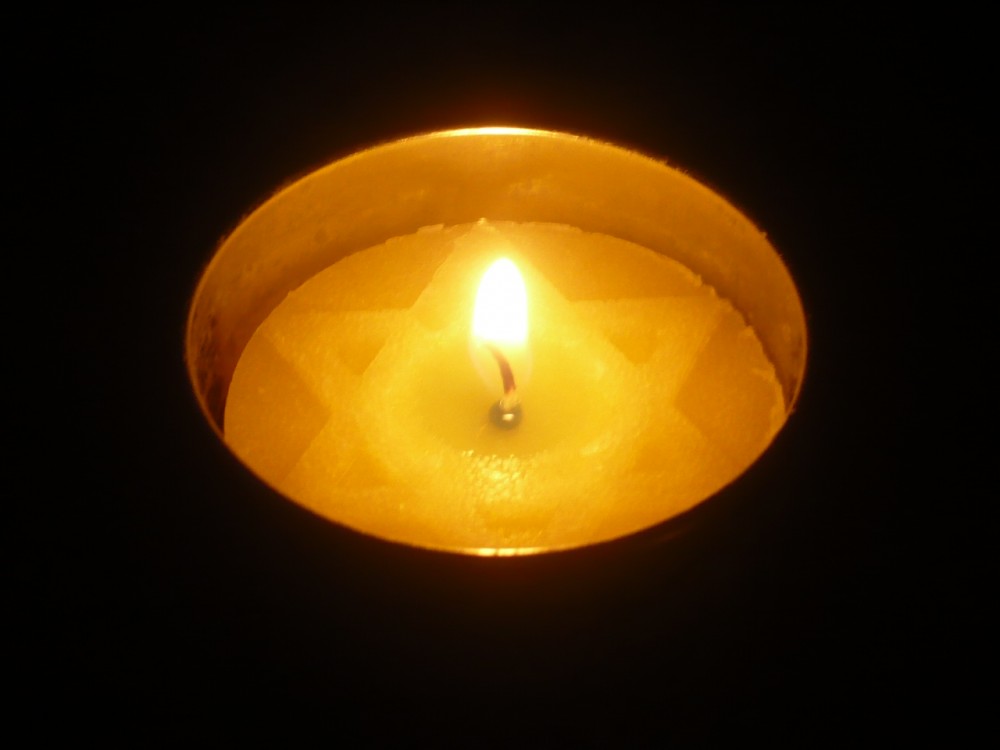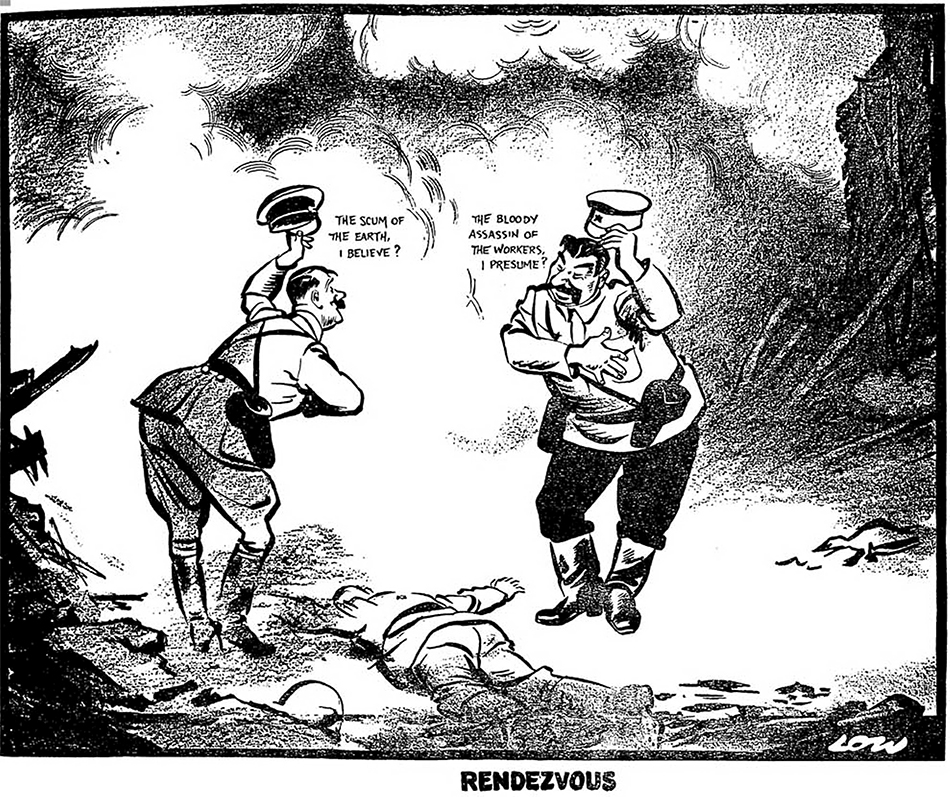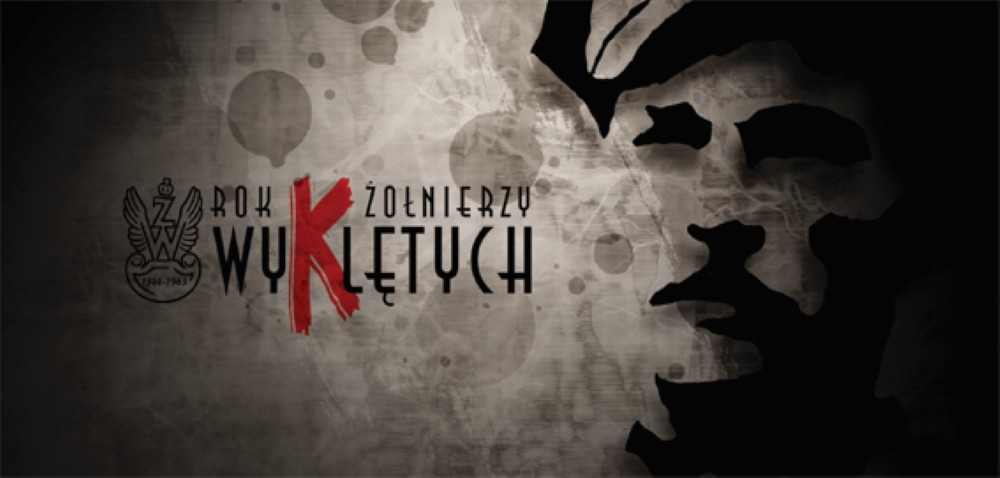Should an average Russian, lulled by the screams of national TV, hear that the sentence to the state he lives in has already been signed – in the Kremlin, of all places – he’ll just laugh sarcastically. Russia has seen worse times. Wars, revolutions, internal strife – some petty conflict in Ukraine and Western sanctions are nothing compared to that.
However, the Russian state hasn’t ever seen anything like this, and won’t ever see again. The moment of truth has finally come, which was bound to happen since not even the Russian Empire, but the Tsardom of Muscovy appeared on the map – and Russia has failed this political maturity exam.
When Vladimir Putin, fully serious, says that the Kazakhs had no statehood in the past, he astonishes anyone remotely educated – but not his compatriots. An educated person will easily trace the line from the Mongol Empire to the Golden Horde, from the Golden Horde to the Khanate of Siberia, from the Khanate of Siberia to the Kazakh Khanate – and see how infinitesimal the period of Russo-Kazakh interaction is on this background. But a Russian, should this line be traced before him, would just snort, because he denies statehood even to the Golden Horde, not speaking of some khanate. History books tell him it was just a yoke, not a state.
Why so? Because a Russian does not connect the history of his own country with the Golden Horde and does not see the Principality of Moscow emerge from the depth of the Tatar statehood. Since school he has memorized a completely different state tradition: Kyivan Rus – Vladimir-Suzdal Rus – the yoke – Moscow Rus – Russian Empire – USSR – Russian Federation.
But how did this conviction appear? Did it exist during the years when Moscow had an inseparable bond with the Horde, while Kyiv was one of the most important centers of the (West Slavic) Principality of Lithuania? This is where we make a conclusion that is less than pleasant for the modern Russians. They may keep believing that the Ukrainians were invented by Austrians, Germans, or Jews for that matter, to spite the Russians. But actually it were the Ukrainians who invented the Russians.
All the claims of Moscow princes to vast lands in Europe, all the Imperial myths, the posh titles, the readiness to become “a third Rome” were based on one single myth – the myth of tracing the heritage to Kyivan Rus. This myth was whispered into the princes’ ears by priests coming from the shores of the Dnipro. It was exploited by courtiers arriving to the halls of Moscow after the Ukrainian rebellion of Bohdan Khmelnytskyi, who joined a part of Ukraine to Russia. It was embellished by talented historians, and even the beacon of Russian historical science Karamzin, himself a descendant of Tatar nobles, spun this fairy-tale tapestry to please his high-ranking customers.
One can’t say Moscow believed the myth right away. The painful unification of Russian and Ukrainian churches, rebellious Hetman [Kozak commander and head of state] Ivan Mazepa joining forces with the invading Swedes, the destruction of the Zaporizhzhian Sich – these were the stages of unification, the bloody and painful welding of the Empire. By the XXth century everyone in Russia believed that Ukraine was nothing but Russia. They didn’t believe that in Ukraine itself, however.
Through all this time Ukraine has been a peasant country, not susceptible to the new mythology – and the belief of the scarce large cities did not touch the blue-and-yellow peasant sea. Urbanization did not happen until the Ukrainian Soviet Republic, a temporary compromise between the empire and the people, was established.
Throughout the XXth century Russians kept trying to convince Ukrainians they were Russians, while Ukrainians kept shielding themselves from the foreign myth. Finally, when all the means had been uses and it became apparent that the territory Russians viewed as the heart of their imperial claims, was going over to the very European foes from the clutches of which Ukraine was once “liberated,” this territory was to be carved apart.
Who were those Russia placed the bet on in the final battle with Ukraine? Crimea and what they call Novorossiya – basically, colonized territories that never had any relation to the Russian state tradition. Crimea is the Crimean Khanate, its lands conquered and the ethnic balance in the peninsula forcefully shifted towards newcomers. Donbas is steppes where mines and factories were built and new population was brought in. It turned out that the Russian influence stops beyond those newcomer lands. And it is this population, disconnected from the historical tradition, that Moscow proclaims “brothers” and the “oppressed Russian world.” What about Ukrainians, the Russian-speaking Kyiv – “the mother of Russian cities”, Chernihiv and Poltava, the former cornerstones of the Imperial myth and the Russian world?
They are now banderites, fascists and agents of the West threatening the great Russia. Down with them!
This is how Moscow cut the navel cord that used to make it not just a Golden Horde remnant, but a living continuation of Kyivan Rus. This is how a chasm full of corpses cracked between the Russian and Ukrainian peoples, which surely won’t prevent them from making peace with each other decades from now, like, say, Germans and French did – but will prevent from ever feeling a united people in a civilization point of view.
And this – and only this – signifies the final demise of the Empire.
Related post: How Moscow hijacked the history of Kyivan Rus








